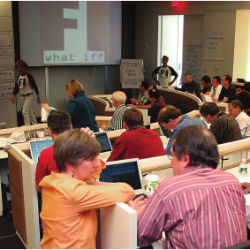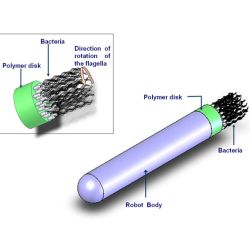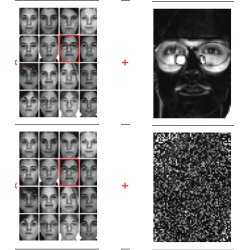Outreach programs and usability improvements are drawing many researchers to grid computing from disciplines that have not traditionally used such resources.
Kirk L. Kroeker
Celebrating the Legacy of Plato
The PLATO@50 Conference marked the semicentennial of the computer system that was the forerunner of today's social media and interactive education.
Looking Beyond Stereoscopic 3D’s Revival
Researchers working in vision and graphics are attempting to develop new techniques and technologies to overcome the current limitations in stereoscopic 3D.
Mainstreaming Augmented Reality
Advancements in computer vision, object recognition, and related technologies are leading to new levels of sophistication in augmented-reality applications and presenting new ways for humans to relate to the natural world.
Engineering the Web’s Third Decade
As Web technologies move beyond two-way interactive capabilities to facilitate more dynamic and pervasive experiences, the Web is quickly advancing toward its third major upgrade.
Alternate Interface Technologies Emerge
Researchers working in human-computer interaction are developing new interfaces to produce greater efficiencies in personal computing and enhance miniaturization in mobile devices.
The National Science Foundation's meeting on Internet architectures focused on designs related to emerging social and economic realities. The four-day, invitation-only summit drew 90 U.S.-based researchers with expertise in networking, communications, security, privacy, and the social and economic sciences.
Electronic Paper’s Next Chapter
The technological challenge for researchers working on the next generation of electronic paper is to render color as brightly as traditional paper, without increasing power requirements or end-user costs.
Researchers working in medical nanorobotics are creating technologies that could lead to novel health-care applications, such as new ways of accessing areas of the human body that would otherwise be unreachable without invasive surgery.
By using sparse representation and compressed sensing, researchers have been able to demonstrate significant improvements in accuracy over traditional face-recognition techniques.
Shape the Future of Computing
ACM encourages its members to take a direct hand in shaping the future of the association. There are more ways than ever to get involved.
Get Involved








